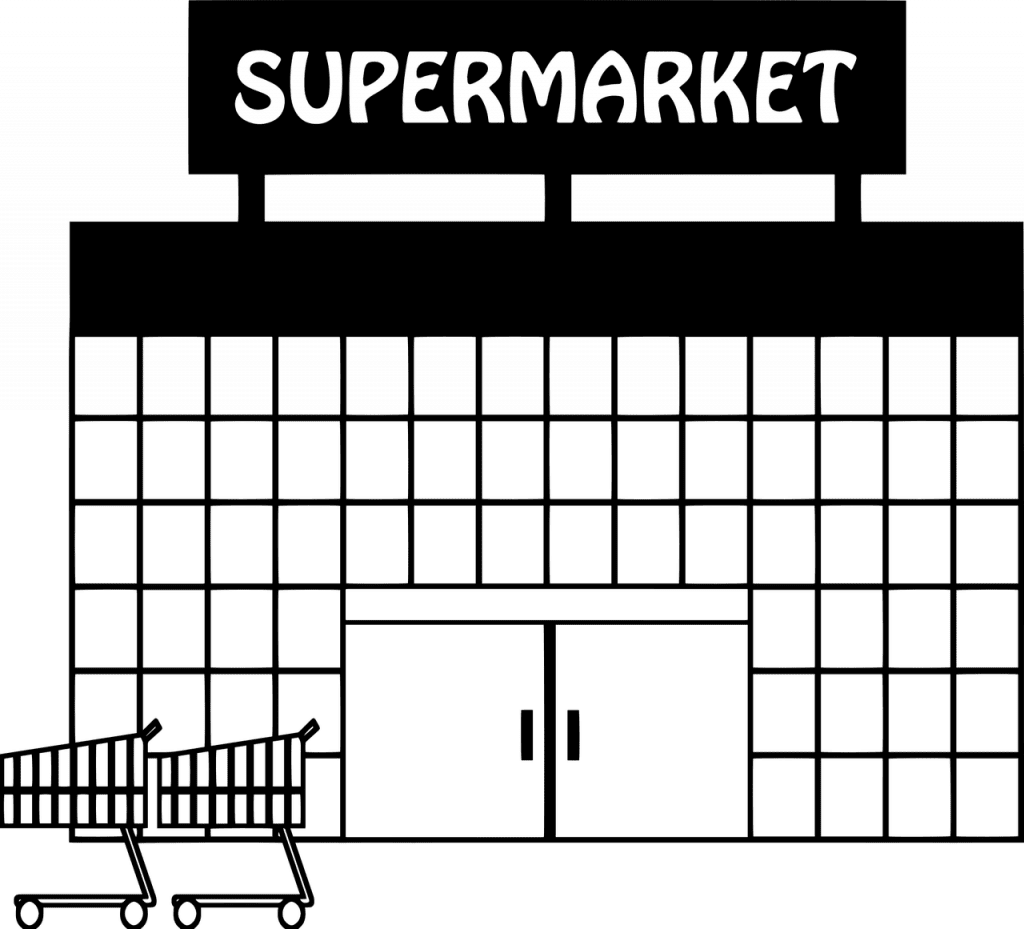
Learning is an adventure and the universe is the classroom. Parents who hold this belief are able to turn the supermarket into a classroom and, indeed, turn every situation and circumstance a child encounters into a learning experience.
The supermarket is a great learning experience. With some imagination, it becomes a place where children can reinforce in a practical way some of the most important concepts they learn in the classroom. The supermarket allows them to relate the concepts they learn to real life. As we shop for food and teach the concepts of mathematics, geography and nutrition, a powerful link is made with learning and living.
The supermarket provides the opportunity to demonstrate the principles of mathematics in real life. Children, depending on their age can learn the concepts of division by watching and helping their parents make changes. Helping their parents select items, total their costs and make changes, make the concepts of addition and subtraction real to children.
There are fantastic opportunities in a supermarket to teach the concepts of consumer mathematics. Sales and discounted items help children to understand percentages and variations in prices and profit margins. These mathematical concepts can be tailored to the age of the children and allow them to have fun whilst they learn. Involving the children in supermarket shopping is also a great self-esteem builder.
Games built around the origin of foods are a great way to teach children geography. Grapes from California, olives from Spain, wine from France, and yams from Africa can all be found in a supermarket. Parents can use the opportunity as they select food items, to teach children in a fun way, why certain foods grow in specific areas. This presents opportunities for simple to complex explanations on climate, transportation, and other aspects of geography.
One of the most important lessons to be learned in the supermarket is the importance of checking food ingredients. This presents an ideal opportunity to teach children about nutrition. Children will often be attracted by bright packaging and other attractive gimmicks. Parents will have the opportunity to teach children to look out for essential ingredients and to identify the ingredients that are bad for their health. As they teach children what to look for in healthy food, parents are well on the way to establishing sound life-long principles to good, healthy living.
Parents can turn the supermarket into a classroom by teaching fun games on categories and classifications. The goods in a supermarket are generally divided into categories according to types, prices, and other classifications. This is very similar to the way nature organizes species and groups of animals. Once again, age-appropriate games can be developed for children.
Supermarkets are great classrooms. Parents with imagination can benefit greatly from developing creative games for their children as they do grocery shopping. The lessons that can be learned from the supermarket range from basic to complex and can lay the groundwork for important subject areas in the life of a child.